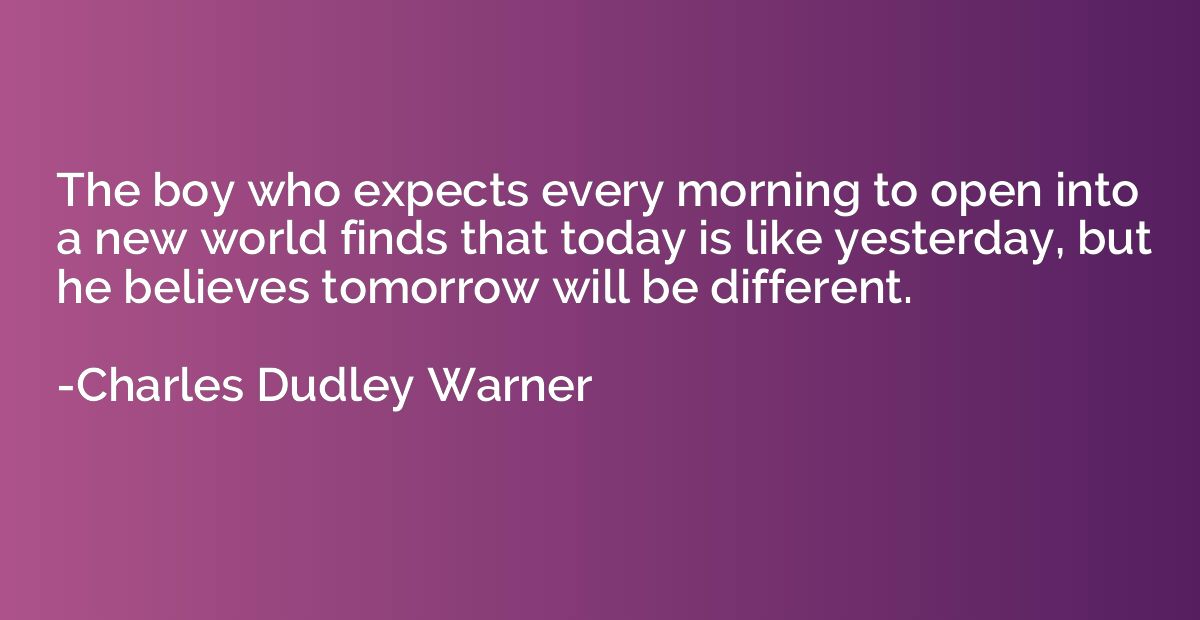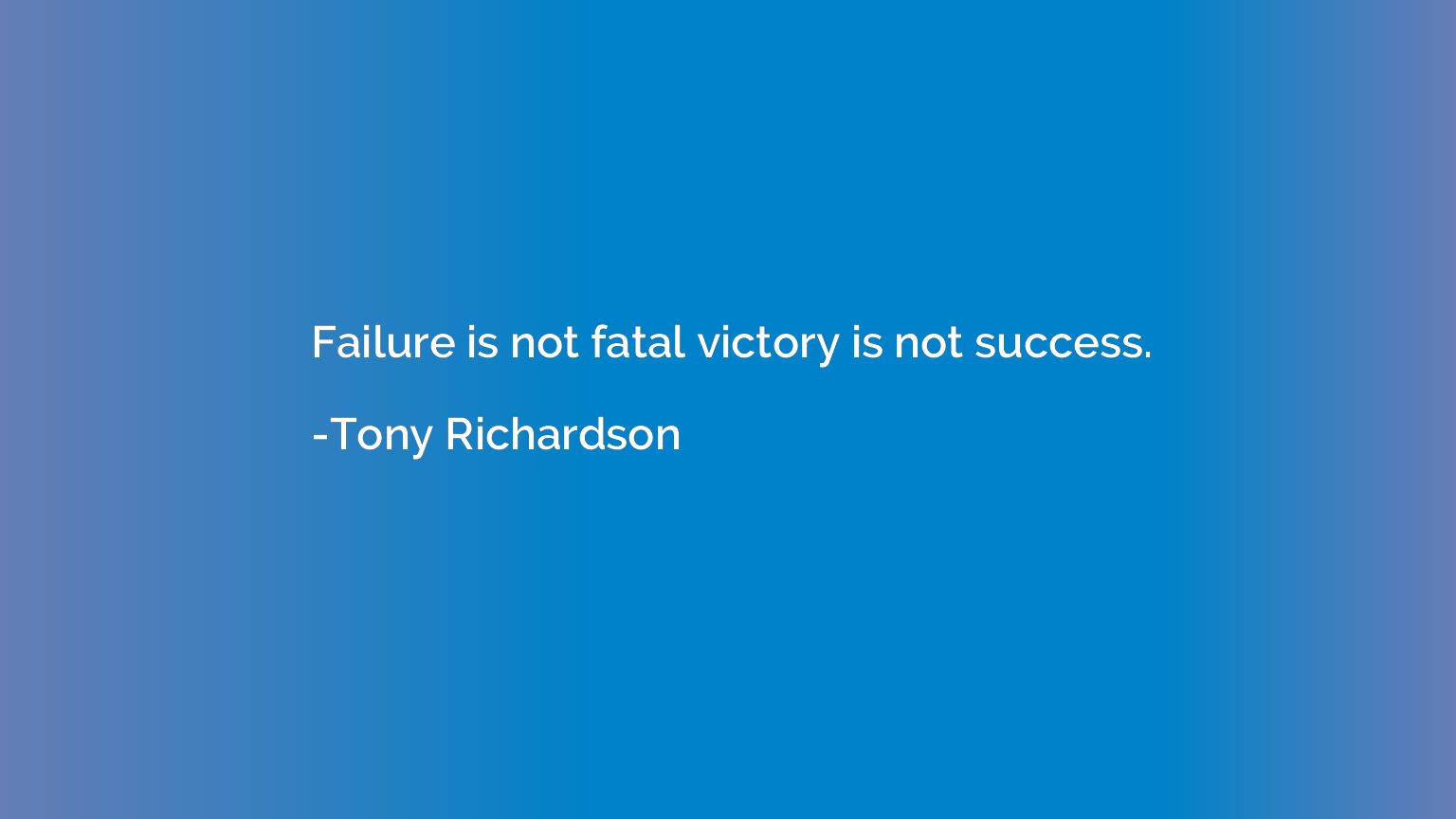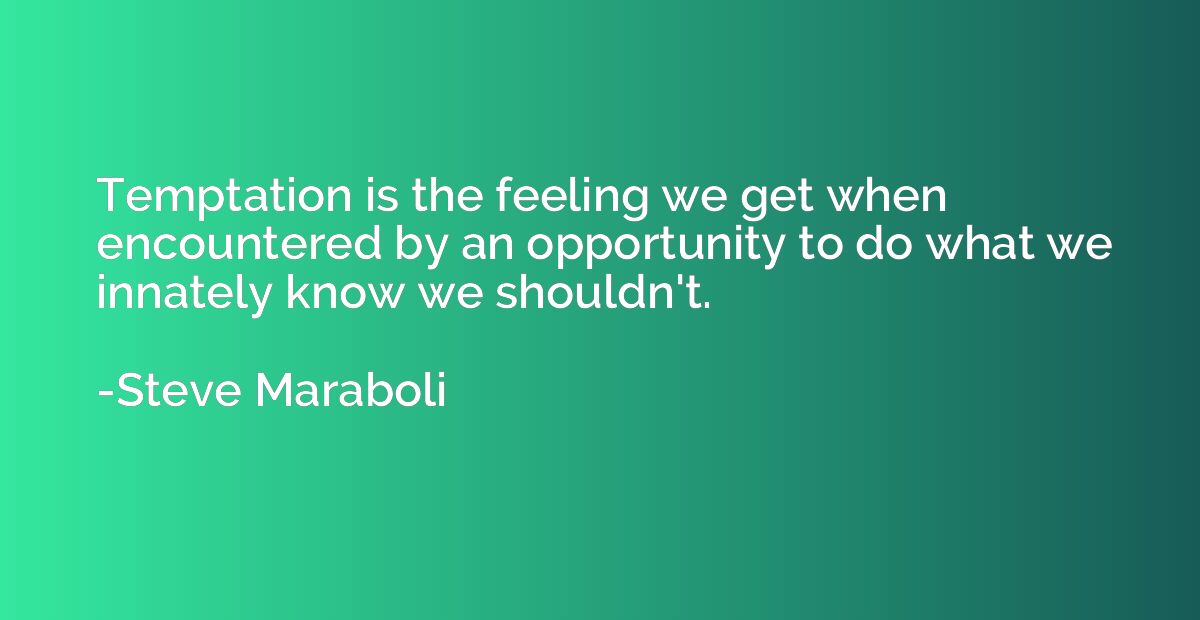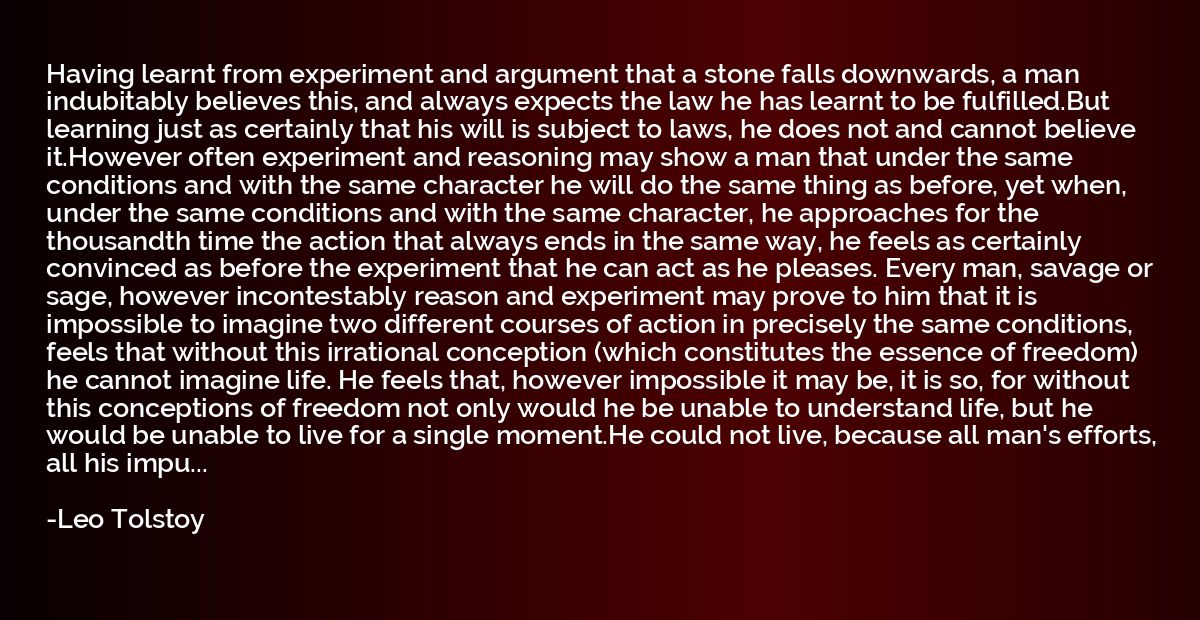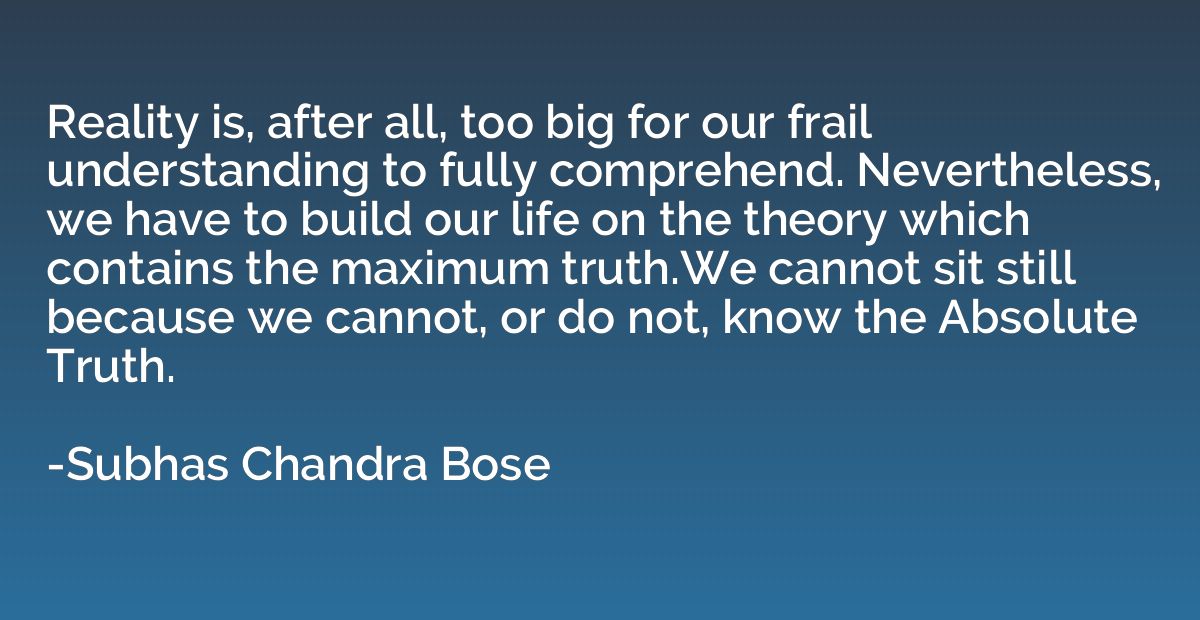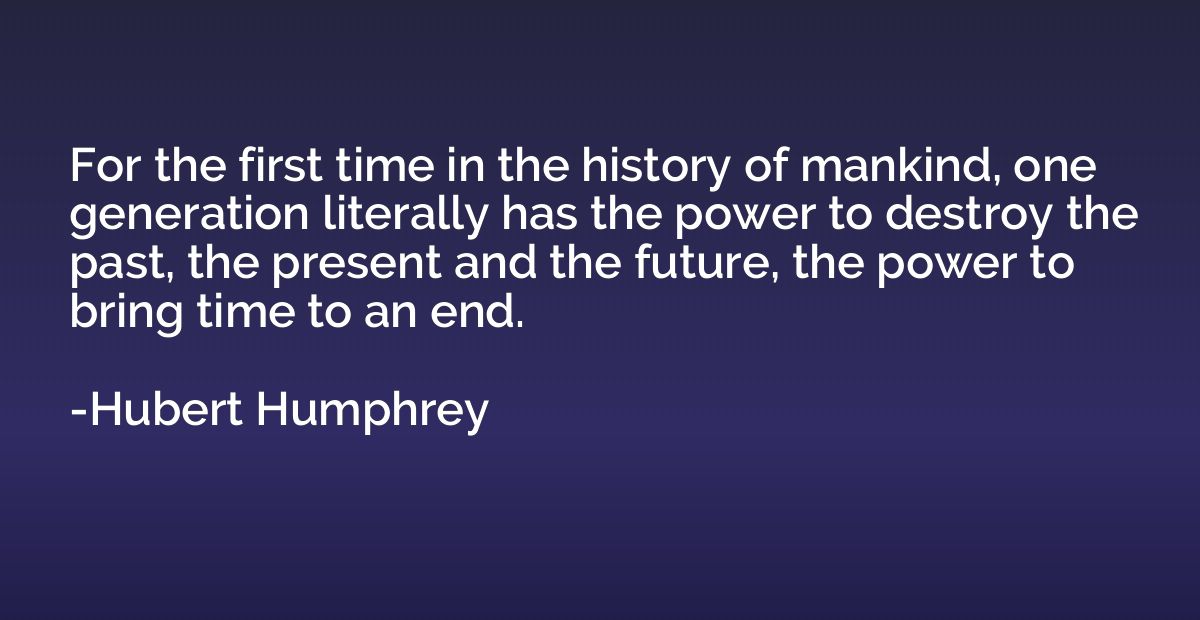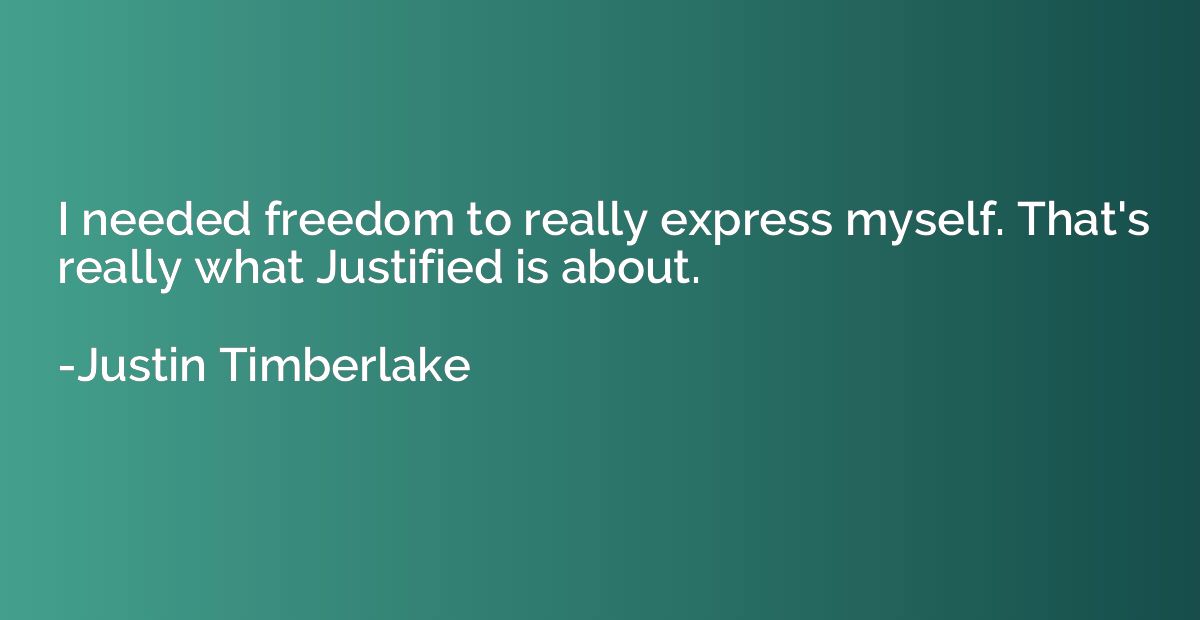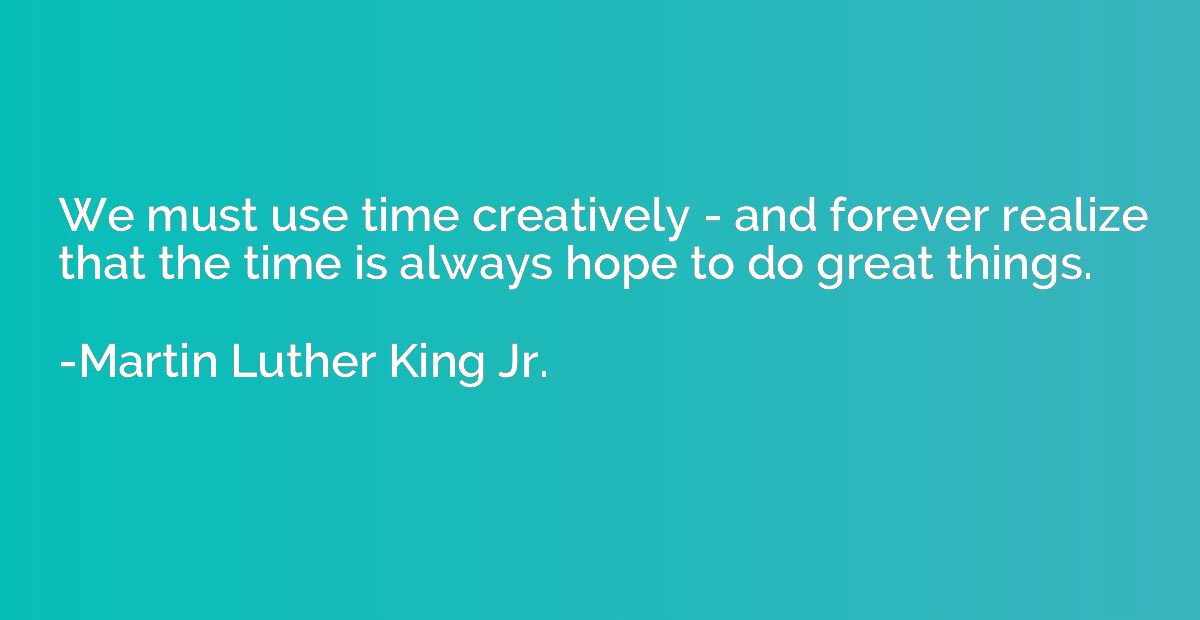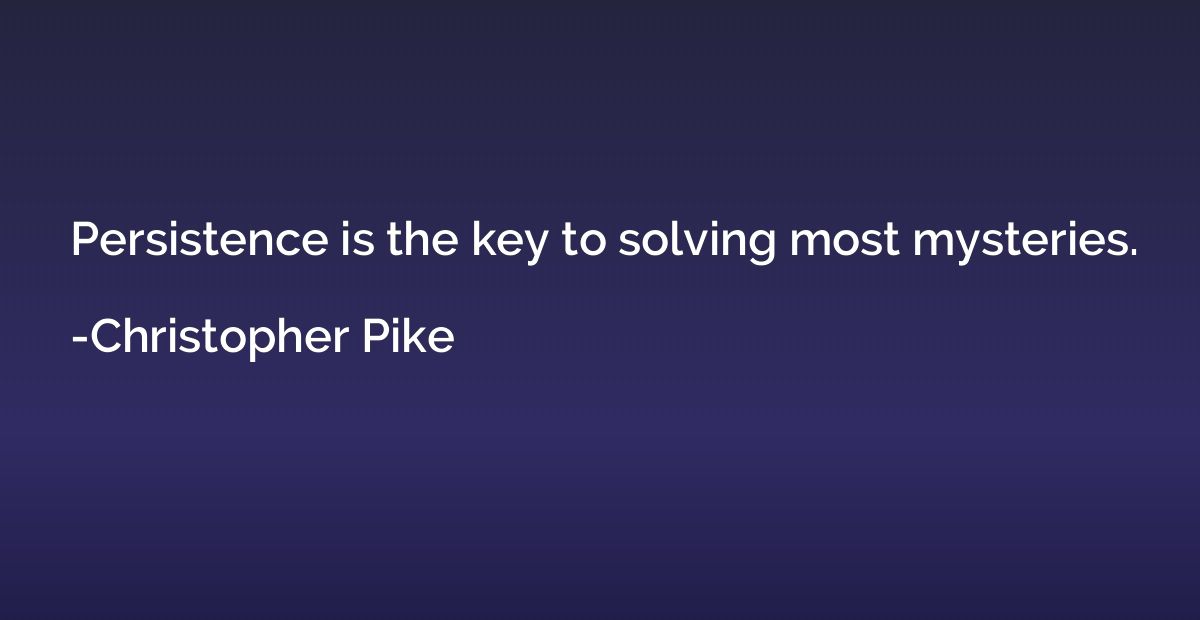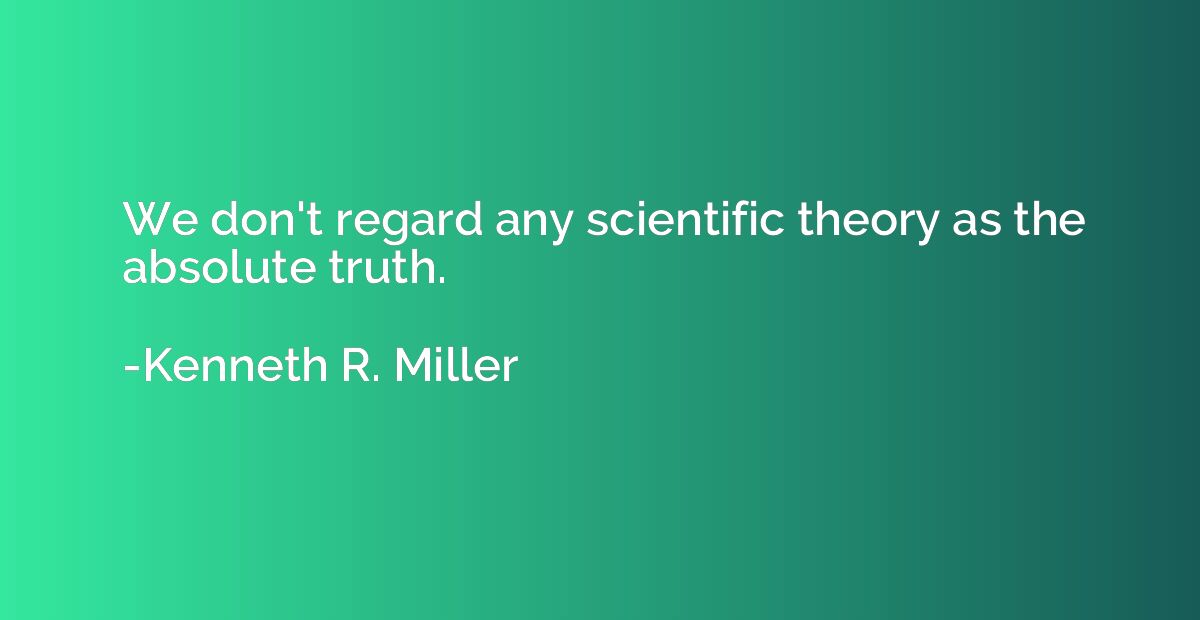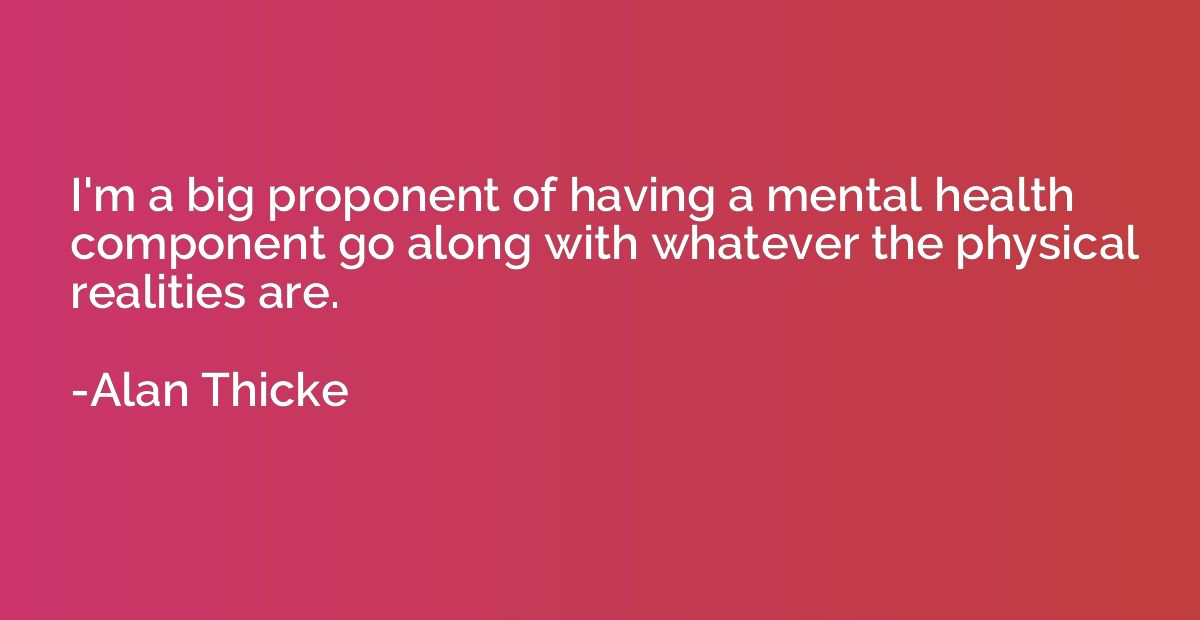Quote by Bryant H. McGill
Emotion is often what we rely upon to carry us across the unfathomable voids in our intelligence.
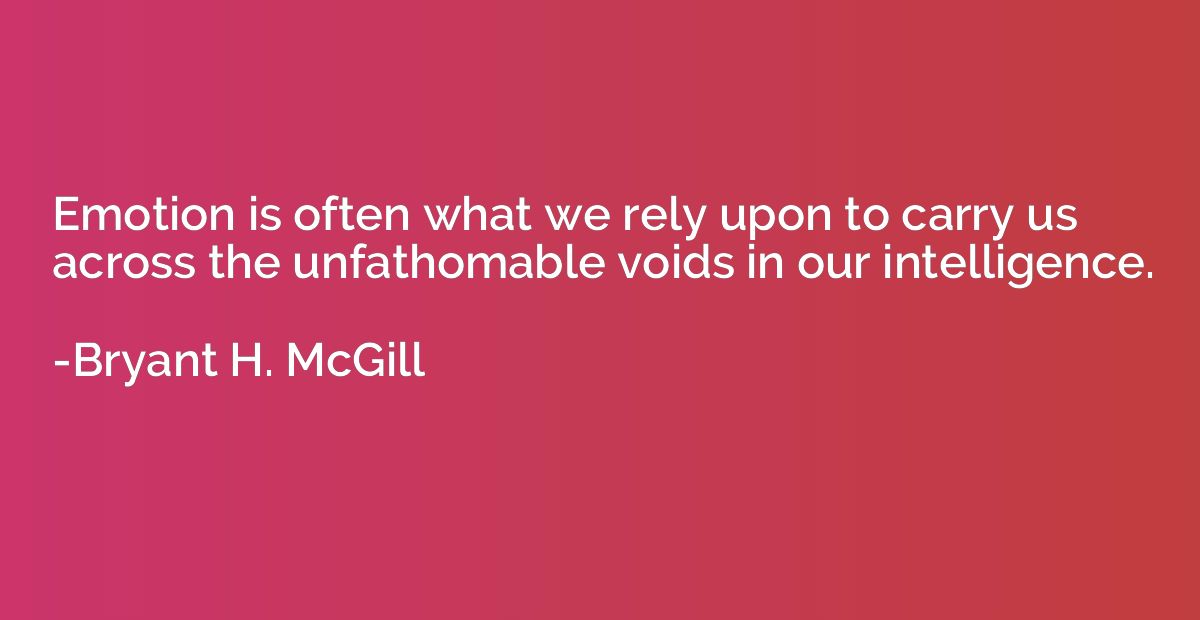
Summary
This quote suggests that when faced with complex or difficult situations where our intelligence may fall short, it is our emotions that often guide us through. It implies that emotions have the power to bridge gaps in understanding that our rationality may not be able to comprehend. In moments of uncertainty or when answers are elusive, it is our emotions that can provide motivation, intuition, and drive, helping us navigate across the vast unknowns that our intelligence alone cannot traverse.



